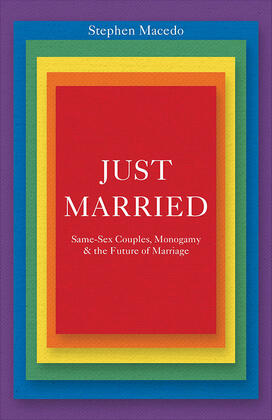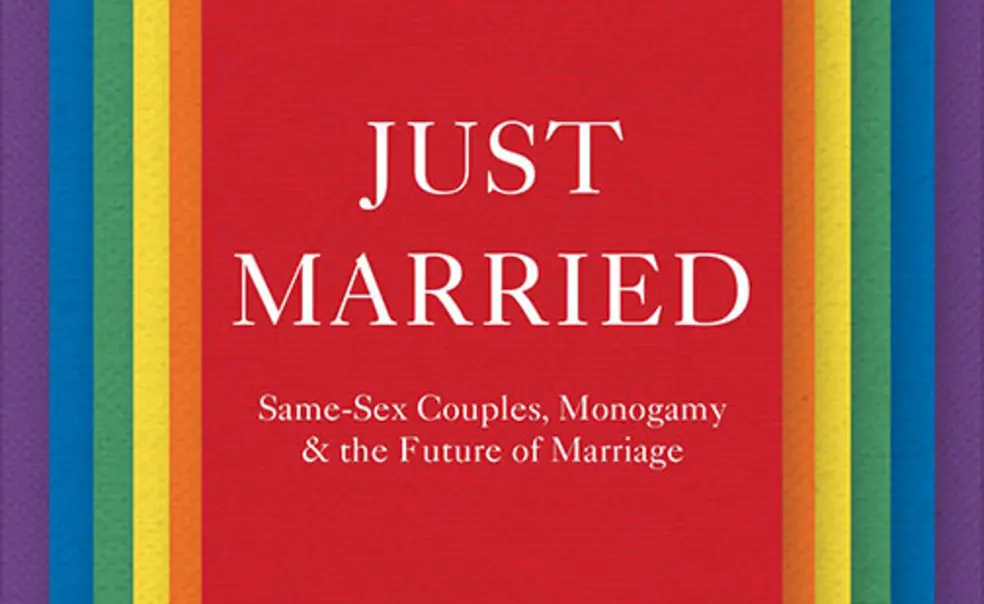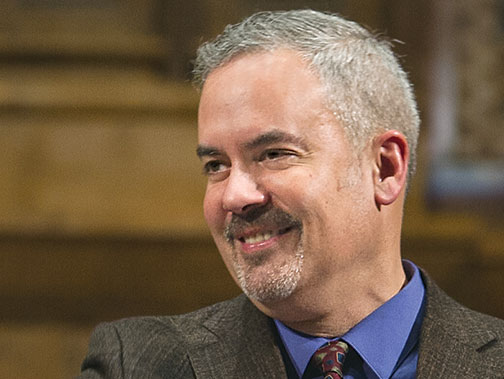
Monogamy forms the bedrock of our culture, says politics professor Stephen Macedo. In his new book, Just Married: Same-Sex Couples, Monogamy, and the Future of Marriage, he argues that extending marriage rights to gay couples makes the institution of marriage stronger.
Why have Americans’ views on same-sex marriage changed so rapidly?
Since the 1980s, a tremendous number of gay and lesbian people have come out of the closet. Today, almost everyone has a friend or family member who’s gay, and it’s just very hard to maintain a negative attitude toward someone you love. For a long time, too, people thought that being gay was a lifestyle choice, but now there’s a much broader social understanding that sexual orientation isn’t something most people can change. Because of that, many Americans came to see gay marriage as an issue of basic fairness.
What role have the courts played in this debate?
It’s the courts’ job to protect minority rights, so judges keep demanding to hear why it’s in the public interest to exclude gay and lesbian people from a foundational institution like marriage. Of course, people have religious beliefs that inform their attitudes toward sexual morality, but the courts in general have insisted that religious convictions are not adequate when it comes to shaping a law that applies to everybody. When you get this debate into the open, as the courts have done, you can see that the arguments against same-sex marriage — that it would undermine children’s well-being, for example — just don’t hold up.
What about the argument that marriage should be restricted to heterosexual couples?
The focus on gay marriage distracts us from a much bigger problem: the overall stability of contemporary marriage. None of the important concerns about marriage today could be addressed by excluding same-sex couples. Conservatives who argue for “traditional” marriage are right that children do better in intact, two-parent homes — as long as their families have reasonably low levels of conflict. But now we’re seeing heterosexual people with lower levels of education, who tend to be in financially precarious circumstances, choosing to cohabit instead of marrying. This is a divide that’s about social class, not sexual orientation.
You believe that gay marriage will strengthen the institution of marriage. How?
Conservatives have said for a long time that legalizing same-sex marriage will create a kind of slippery slope. What’s to stop us from allowing polygamy or incest? My argument is that expanding marriage to gay and lesbian couples will actually help reinforce monogamy based on equality. Marriage between two people is the ultimate commitment — there’s a reason it has special legal status. It gives our lives structure and support, it makes us healthier and less lonely, and it creates stability for children. Same-sex marriage reinforces gender equality in marriage and reaffirms the importance of marriage as a cornerstone of our society.
Interview conducted and condensed by Amelia Thomson-DeVeaux ’11













No responses yet